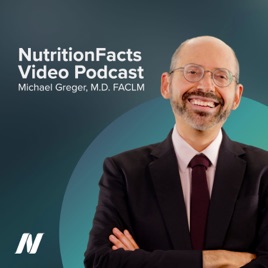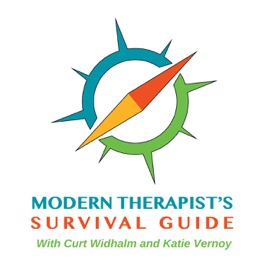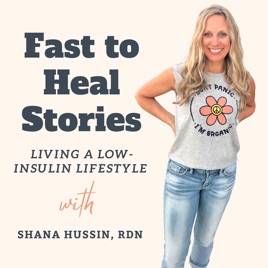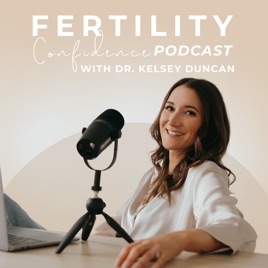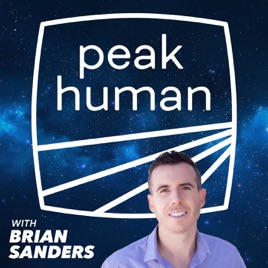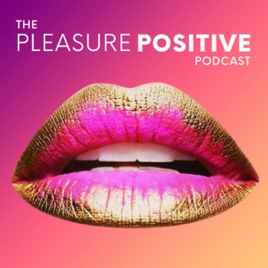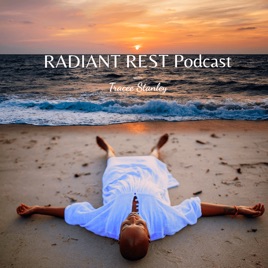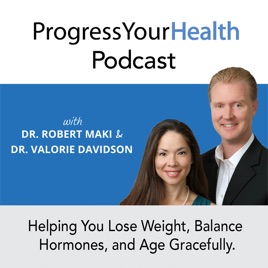
Advertise on podcast: Progress Your Health Podcast
Description
Do you feel like a “hot hormonal mess”? You are not alone. Many of us are told we are healthy but don’t feel great. You feel tired, your sex drive has disappeared and you are frustrated with your weight, despite a healthy diet and exercise. At night you are exhausted, but your sleep quality is poor from waking up throughout the night. Needless to say, you’re irritable and your patience is short, which makes you feel guilty for overreacting. It is not your fault! These are all signs of hormone-imbalances. Our hormones can affect our mood, weight, energy, sleep, libido, memory, hair, skin and even promote disease if they are out of balance. Dr. Robert Maki and Dr. Valorie Davidson are Naturopathic Physicians and graduates of Bastyr University. They specialize in Bioidentical Hormone Replacement Therapy (BHRT), Functional Medicine and are the co-hosts of The Progress Your Health Podcast. This podcast is intended to educate listeners about hormonal conditions, such as hypothyroid, Hashimoto’s, adrenal fatigue, PMS, PCOS, perimenopause, menopause and low testosterone to name a few. The Progress Your Health Podcast will focus on cutting edge information and therapies to help you lose weight, balance hormones and age gracefully. It is Dr. Maki and Dr. Davidson’s mission to motivate, educate and empower you to take your health to the next level.
Social media
Check Progress Your Health Podcast social media presence
Podcast episodes
Check latest episodes from Progress Your Health Podcast podcast
Podcast reviews
Read Progress Your Health Podcast podcast reviews
Podcast sponsorship advertising
Start advertising on Progress Your Health Podcast & sponsor relevant audience podcasts
You may also like these alternative health Podcasts
